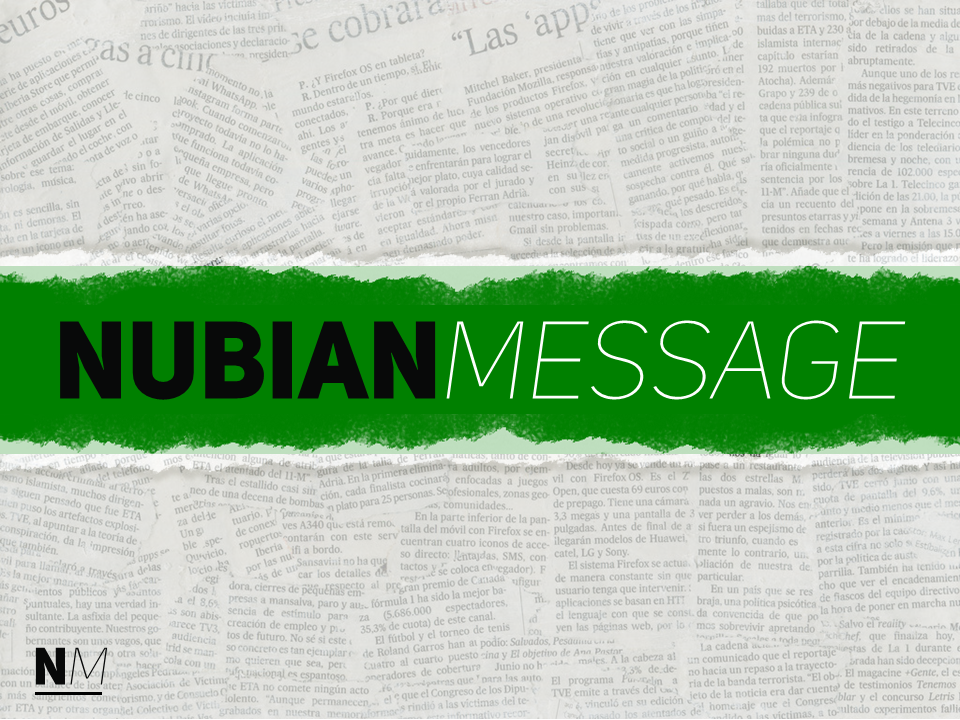A Femme-Safe Place

A smooth and funky baseline echoed off the green walls of NC State’s Digital Media Lab last Thursday as students listened to “Boogie Oogie Oogie” by A Taste of Honey. University Library Specialist and 2020 NC State alum Tim Mensa shared how the iconic female duo has inspired him as a fellow bassist at Femme Beat-Making Night. Maurika Smutherman, a Graduate Extension Assistant and second-year Ph.D. student at State, also shared early-2000’s hits produced by none other than her inspiration, Ms. Missy Elliott. The inclusive event hosted by Mensa and Smutherman centered on women and non-binary changemakers in the music industry whilst introducing students to the process of beat-making.
Enticed by the dazzling purple poster that read “Femme Beat-Making Night” on Jan. 26, students began streaming into the Digital Media Lab ready to learn. After a quick listening session of various femme artists, students began talking about the intricacies of music-making and the true meaning behind music production.
Maurika Smutherman: “At what point does music making become producing? For example, can Tik Tok mashups be considered producing?”
After a small pause for thought, we shared our opinions on the controversies surrounding the art of sampling. At what point can you chop a sample enough for it to be an original production and do animal crossing mashups on Tik Tok constitute authentic music production? We arrived at the consensus that most music-making is production but there is a fine line between the two. Regardless, music-making and production are complicated art forms. However, “Femme Beat-Making Night” made it clear that resources exist for those interested.
Smutherman: “I feel like it’s something anyone can do but not a lot of people venture into it. I’m trying to put myself in the space so I can produce more and also get other people to do it. So many people are interested in it, but don’t know they can come in here and get help step-by-step.”
Many of the attendees were unaware of the library’s resources or intimidated by a lack of experience, which is what inspired Smutherman and Mensa to host a “Femme Beat-Making Night.” During the event, students learned about the library’s free and accessible software for music production – the most popular programs being Ableton Live and GarageBand. At the far side of the Digital Media Lab, there are four music booths fully equipped for creating music, recording podcasts and editing digital media.
With everything at our fingertips, the event operated similarly to the youtube series “Rhythm Roulette” by Mass Appeal. The series follows well-known producers, such as WondaGurl, as they pick through vinyl crates and randomly select a few to sample and produce a beat with. However, instead of digging through vinyls, Mensa and Smutherman kept it digital by curating a femme playlist for students to shuffle through. From neo-soul to alternative pop and everything in between, the playlist represented the diverse expressions of femininity in music and accompanied us as we ventured into the booths.
The array of slots, buttons and whistles was intimidating at first, but with help students began experimenting with Ableton Live and GarageBand to create their beats. Far more inexperienced in the hour prior, we felt much more confident in our abilities as we shuffled through the playlist and began sampling songs. While my beat definitely won’t be making it to Billboard, Femme Beat-Making Night was an invaluable experience. A door at the back of D.H. Hill’s Learning Commons that once felt closed and intimidating was always open, and it felt more welcoming than ever.
Nubian Message: “What inspired you to have a Femme Beat Night?”
Tim Mensa: “We thought of it in a meeting and we were like yea – why haven’t we done that before?”
NM: “Have there been events like this in the Digital Media Lab.”
TM, MS: “No. We are trendsetters,” they said laughingly.
And trendsetters they are. In many conversations about influential music production, women and non-binary artists are often left out despite their undeniable impact on the industry. How often do we hear about WondaGurl, Missy Elliott or other Black femme producers? According to a report by USC Annenberg in 2021, across 900 popular songs from the past decade, only 2.6% of producers credited were female. Furthermore, according to the Annenberg Inclusion Initiative, only eight out of 1,093 total producing credits went to women of color between 2012 and 2019. The numbers are staggeringly low, but events like “Femme Beat-Making Night” create a femme-safe place for aspiring producers at NC State.
- Categories: